A recent article by Voice Contributor Charlotte Hooker about women in music throughout history got me thinking about the women that I look up to. Pretty quickly, I turned to looking at the areas and careers in which women are hugely underrepresented. News flash! It’s pretty much everything! However, women in film really stuck out to me. Seeing as I am hoping to study Film at university – a subject which is already often viewed as soft or pointless – the lack of women represented in the film industry has always terrified me. Just looking at the number of female recipients for the Best Director Academy Award is extremely disheartening. If we look at the nominees in this category from the last two years, there have been no women, and the last (and only) woman to actually win this award was over 10 years ago!
Whilst stuck at home in isolation, film and TV is one of the few things that absolutely everybody is capable of appreciating. I speak for myself when I say that during this stressful time, film has been a real source of comfort for me. Whether it’s intensely analysing screenplays, or just giving into the trash and binging the entire Twilight saga, I’m sure we can all agree that without film and TV, this tough time of social disconnection would be even more challenging.
I’ve compiled a short list of incredible women in film and TV, spanning over the last 150 years, which you can use as a springboard from which to delve deeper into the magical and intriguing lives of these women, or simply take a moment to appreciate the incredible things they have done to shape TV, film and culture.
Alice Guy-Blaché (1873-1968)
Alice Guy-Blaché was the first female film director and is said to have invented the narrative film. She worked as a secretary until she saw the Lumière brothers’ Sortie d’usine, and was inspired to start her work as a filmmaker. Over her 25-year long career, she directed, wrote and produced over 1,000 films, including 22 feature-lengths. She experimented with new acting techniques, colour tinting and special effects, as well as using interracial casting, all while being the only woman working alongside her male counterparts in the film industry. Although her career was unfairly destroyed in 1922 when she and her husband divorced, due to the stigma surrounding divorce at the time, she paved the way for more women to follow in her footsteps and pursue careers in the film industry.
Mary Pickford (1892-1979)
Mary Pickford is known as Hollywood’s first movie star, but what you may not know about her is that she is responsible for the credits in films! Before Pickford, films didn’t feature actor credits as they feared this would raise egos, as well as salaries. However, Pickford, aware of her talent, demanded that she was recognised, and her name was known. She co-founded United Artists, along with Charlie Chaplin, Douglas Fairbanks and D.W. Griffith, and completely transformed the business side of filmmaking.
Mae West (1893-1980)
Before Marilyn Monroe, Mae West was Hollywood’s first iconic sex symbol. West was known for writing and starring in her own plays, most of which covered raunchy topics, which, at the time, society spurned. She even spent 10 days in jail for her play Sex, which she supposedly used to corrupt the morals of the youth. She continued writing plays surrounding sexuality and pleasure, and her success eventually led her to Hollywood. At 40, which would have been considered her “advanced years”, West received her first studio contract from Paramount Pictures and she was rumoured to have saved Paramount from bankruptcy. She was also a huge advocate of racial equality. For example, when her boyfriend, boxer Gorilla Jones, was denied entry to her apartment because he was black, she bought the entire building and lifted the ban.
Edith Head (1897-1981)
Edith Head is undoubtedly the most legendary costume designer in Hollywood. With eight Academy Award wins and 35 nominations, she holds the record for most Oscars held by a female. However, Head actually cheated her way into her first job at Paramount Studios. She started her career as a teacher, whilst also taking art classes at the Chouinard Art School in LA. She collated a portfolio of other students’ sketches and used it to sneak her way into a job as a sketch artist at Paramount. Unlike the males working alongside her, Head would consult her actors extensively about their characters. She even goes down in history as the model for The Incredibles’ Edna Mode!
Josephine Baker (1906-1975)
Entertainer, spy and civil rights activist Josephine Baker was the first African American to star in a major motion picture. At the beginning of her career, Baker was known as a dancer and was one of the most celebrated performers in Paris. Her costume, consisting only of a short skirt made of bananas, became an iconic symbol of the 1920s. She was so influential in Europe that she was recruited by the French government to be a French Resistance agent during World War II by socialising with enemy officials at parties. She carried secret messages written in invisible ink on her sheet music. After returning to America, she became a civil rights activist and marched on Washington alongside Martin Luther King Jr. Attempting to show everyone that people of different ethnicities can live in peace, she adopted twelve children from all over the world, forming a family which she called “The Rainbow Tribe”.
Hedy Lamarr (1914-2000)
Hedy Lamarr was an Austrian-American actress who gained fame for her 1933 film Ecstasy, in which she was the first woman to ever portray an orgasm on screen. After fleeing from her husband, she made her way to London, where she was offered a studio contract in Hollywood. During World War II between films she turned to inventing. Her inventions included an improved traffic light and a tablet that could carbonate water, but her most famous invention, along with composer and friend George Antheil, was creating a new untraceable radio system. Her invention has been incorporated into what we now know as WiFi and Bluetooth.
Oprah (1954-)
The final person on my list is the one and only, Oprah Winfrey. After being fired from her evening news reporter gig for getting too emotionally invested in her stories, Oprah moved on to cultivate her own daytime talk show, not knowing that she would build an empire that would shape our entire culture. She was the first female African American TV host and invented a new genre of talk show that broke societal expectations and brought controversial topics, such as homosexuality and teen pregnancy, to the forefront. She became America’s first female self-made billionaire and in 2007 spent $40 million opening the Oprah Winfrey Leadership Academy for Girls, aiming to develop a new generation of female leaders. In the 2008 US presidential election, Oprah Winfrey’s endorsement of Barack Obama is estimated to have brought in one million votes.
By no means are these the only influential women in film and TV. I had a never-ending list of women to include – Greta Gerwig, Eva Perón, Mary Blair, to name just a few – but there simply aren’t enough words to describe the ingenuity, talent and determination of all the women I wanted to mention. These are women who fought against the odds, in a world that may not have been welcoming to them, all in order to pursue their dreams and act as role models for the women to follow them.
Be sure to let me know of the women in film who’d be on your list!

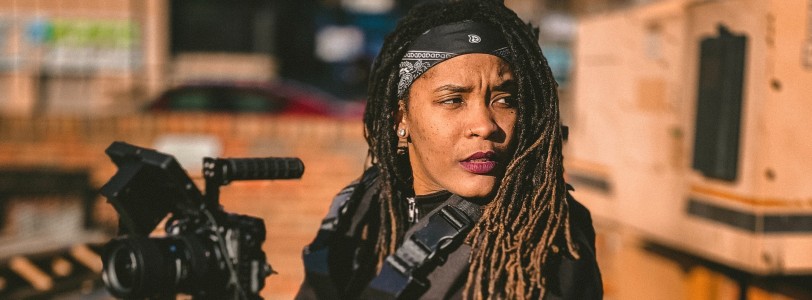
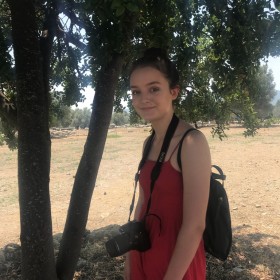
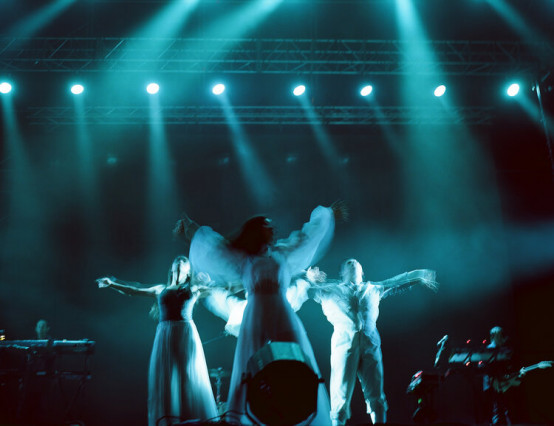
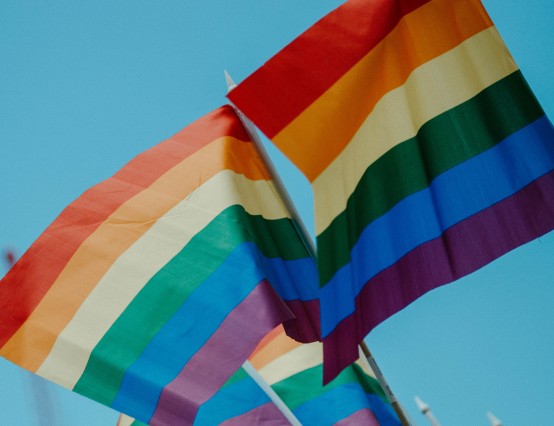
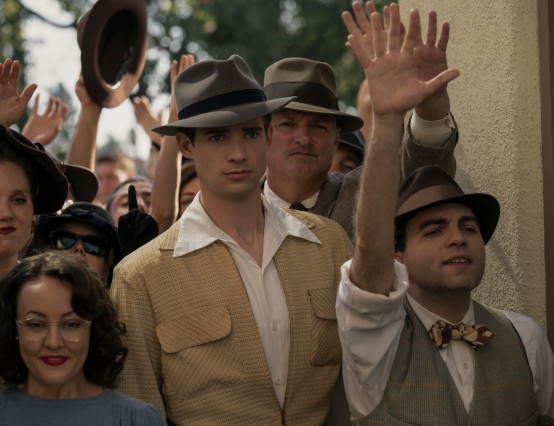



0 Comments